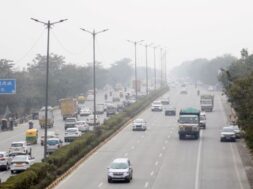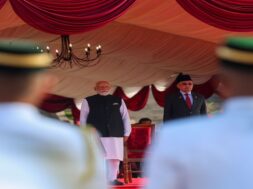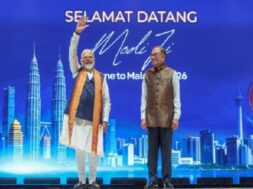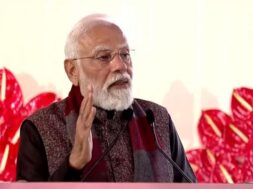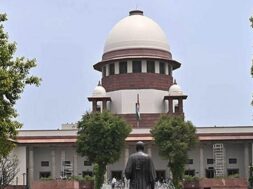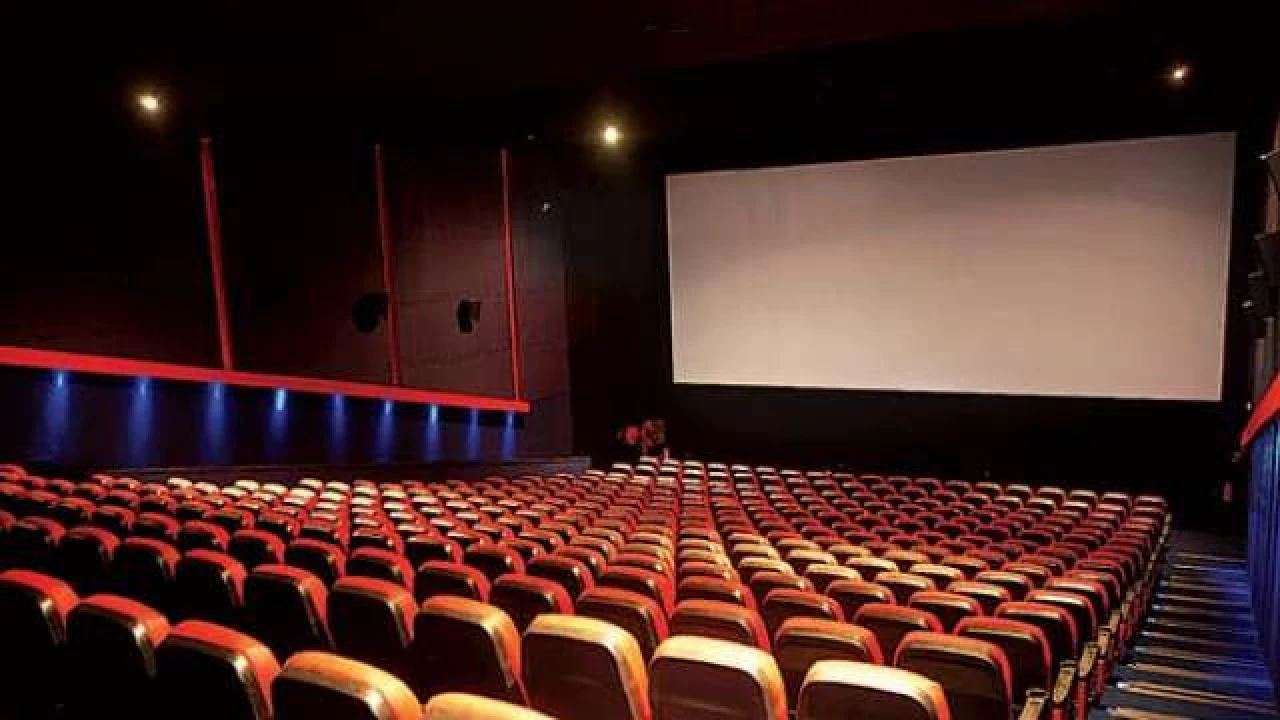
Manas Dasgupta
NEW DELHI, Jan 31: The entertainment industry, one of the worst sufferers in the Covid pandemic and the consequent lockdown, will be almost totally out of the woods from Monday with the centre permitting cent per cent attendance in the cinema theatres.
With the infection rate showing downward trend in the country in the last four months, the centre on Sunday announced that not only the cinema halls can operate with full capacity from February 1, the cine-goers will be allowed to buy food from food stalls inside the theatre ending all the restrictions in place since the outbreak of the pandemic in March, last year. Even when the cinema halls were allowed to resume with 50 per cent audience capacity, food stalls were ordered to remain shut.
Announcing the withdrawal of crowd restrictions in the cinema halls, the union information minister Prakash Javadekar said sanitisation and other COVID protocols as decided by the union home ministry would have to be adhered to. He also released a standard operating procedure on preventive measures to contain spread of COVID-19 for cinema halls and theatres but added that the restrictions put in place due to COVID were on the verge of ending.
As per the SOP, no Exhibition of Film shall be allowed in containment zones and that States/UTs may consider proposing additional measures as per their field assessment.
The SOP clarifies that all COVID related safety measures must be adhered to inside the premises. The General Guidelines specify that respiratory etiquettes must be followed including usage of face masks, adequate social distancing of at least 6 feet to be followed outside the auditoriums, common areas and waiting areas at all times, spitting will be prohibited and usage of Aarogya Setu app will be encouraged.
Thermal screening of visitors would be carried out at entry and exit should be done in a staggered row-wise manner to avoid crowding. e. Sufficient time interval between successive screenings on a single screen as well as on various screens in a multiplex shall be provided to ensure row-wise staggered entry and exit of the audience. Staggered show timings shall be followed for multiple screens to avoid crowding.
The SOP promotes usage of contactless digital transactions for payments for tickets, food, and beverages etc. Sufficient number of box office counters shall be opened and purchase of tickets at the box office shall be open throughout the day and advance booking shall be allowed to avoid crowding at the sale counters.
Not only the entertainment industry, the country is slowly retuning back to near-normalcy of the pre-pandemic era in several other areas which remained out of bound for the people for the last 10 months. The Home Ministry has allowed further reopening of more public spaces and services while keeping Covid-19 protocols intact.
While domestic flights resumed with 80 per cent capacity in December, schools and colleges have started reopening with more avenues set to exercise greater flexibility from February 1.
In several states including Delhi, classes for the students of class IX and XI, as well as colleges, polytechnics and diploma institutions are set to re-open from February 1 or in the first week of the month. Classes for the students appearing for the Class X and XII board examinations have already resumed in most of the states. Several state governments are expected to take decisions on reopening of the schools for other classes soon.
The Gujarat government too announced reopening for classes 9 to 11 on February 1. Private tuition classes for Classes 9 to 12, and private coaching classes for competitive examinations will also be allowed.
The reopening of the primary schools, however, may not happen soon.
All colleges, centres and departments of the Delhi University will reopen from February 1. While the entire teaching staff has been asked to be physically present, only final year students will attend classes in small batches.
Final year students, who need access to laboratories and have practical classes, will be allowed to return first. However, it is not mandatory for them to attend.
After staying shut for over 2 months, the Centre announced reopening of domestic flights from May 25, 2020 with a capacity of 33 per cent of pre-Covid levels. This capacity limit was gradually increased from 33 per cent to 70 per cent in four phases. The last increase was back in December when the capacity was fixed at 80 per cent.
International flights have still not been given the green signal to fully operate. The ban on scheduled international passenger flights was extended till February 28, the aviation regulator DGCA said on Thursday. The DGCA has allowed flights on selected routes on a case-to-case basis and under bilateral “air bubble” arrangements with selected countries since July. India has formed air bubble pacts with around 24 countries including the US, the UK, the UAE, Kenya, Bhutan and France.
As a new Covid-19 virus strain emerged in the UK, India along with several other nations, suspended flights from the country. After assessing the situation pertaining to the variant, the Centre decided to further extend the restrictions on the number of flights from the UK till February 14. Under the news restrictions, only 30 weekly flights will be allowed between the two countries.
Earlier, the restrictions, imposed since January 8, were put in place till January 23.



